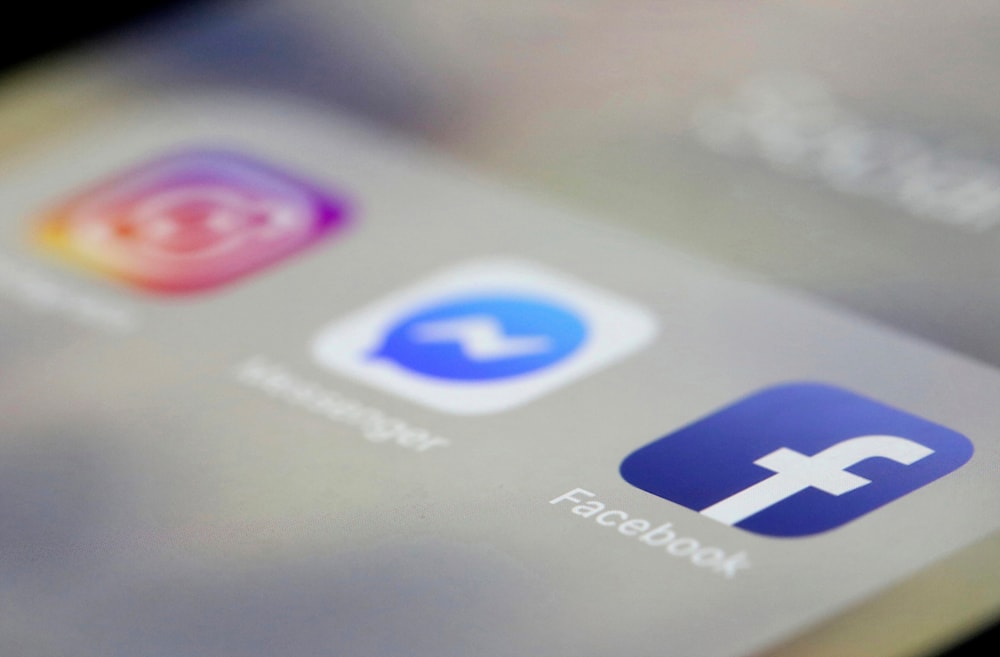How social media platforms are becoming tools of government censorship
A Foreign Policy analysis reveals how governments worldwide are pressuring social media platforms to suppress speech, raising concerns over digital rights and the erosion of free expression.
-

In this March 13, 2019, file photo, Instagram, Messenger, and Facebook apps are displayed on an iPhone in New York. (AP)
In a compelling analysis published by Foreign Policy, Aliya Bhatia and Mona Elswah of the Center for Democracy & Technology argue that social media platforms are increasingly operating as instruments of government power rather than spaces for free expression.
Using India as a central case study, the authors show how the government’s digital laws, namely the IT Rules, are wielded to demand the takedown of user content and to compel platforms to hand over user data, often under vague justifications like safeguarding “the sovereignty and integrity of India.” A recent example cited involves the Indian government pressuring Meta to scrub all Pakistan-origin content amid rising tensions between the two nations.
This pattern, the authors explain, is hardly unique to India. “Governments around the world are gaining more and more authority to compel content removal,” they write, noting the global proliferation of such laws in countries like Indonesia, Kenya, and Brazil. The consequence: social media companies preemptively suppress content they believe might upset authorities, a quiet censorship that blurs the line between state control and private moderation.
“In too many cases, moderation at the hands of private entities and governments is practically indistinguishable,” Bhatia and Elswah write.
Their findings, part of a broader project examining content moderation in the Global South, reveal a disturbing trend: users, particularly activists, journalists, and creators, suspect their speech is being silenced due to political motives. Interviews with former trust-and-safety staff at major platforms reinforced these concerns, revealing “increasing collusion between governments and companies to suppress speech.”
Platforms prioritize compliance over human rights protections
This collusion is supercharged by new legislation and sheer volume. Meta reported a dramatic rise in government takedown requests between 2023 and 2024, while Google saw an 87% increase in such demands over two years. Indonesia alone issued over 140 million orders to Facebook to geoblock content under MR5, much of it related to political speech.
Instead of critically evaluating these requests, companies have embraced a “compliance-at-scale” strategy, often bowing to pressure rather than weighing human rights implications. “Gag orders, mass layoffs of trust-and-safety staff, and the overwhelming volume of requests are pushing companies toward automatic compliance,” the authors note.
More troubling, users are rarely notified when their content is removed due to state intervention. “Companies directly facilitate government action... often without notifying the public or affected users,” Bhatia and Elswah write. This opacity contributes to public suspicion and the rise of evasive tactics like algospeak and visual obfuscation, which further complicate moderation efforts.
“There was a time when platforms proudly pushed back against censorship,” the authors recall. Today, that public-facing resistance has largely vanished.
Call for transparency in government takedown requests
To restore trust, they argue, companies must publish government takedown requests and notify users when their content is moderated under government pressure.
Moreover, platforms must be willing to challenge requests that violate fundamental rights, invoking international frameworks like the UN Guiding Principles on Business and Human Rights.
“Increasingly, users accuse social media companies of being arms of the government,” the authors warn. As one Tamil content moderator put it bluntly, “The platforms taking you down is actually a matter of inconvenience. The real danger is the democratic climate of the country.”
Bhatia and Elswah conclude with a stark reminder: platforms owe their existence to the people who use them. If companies abandon those users in favor of appeasing governments, they risk more than just their reputations, they risk becoming complicit in the erosion of free expression itself.
Read more: Digital apartheid? Report exposes anti-Palestine social media bias

 4 Min Read
4 Min Read










